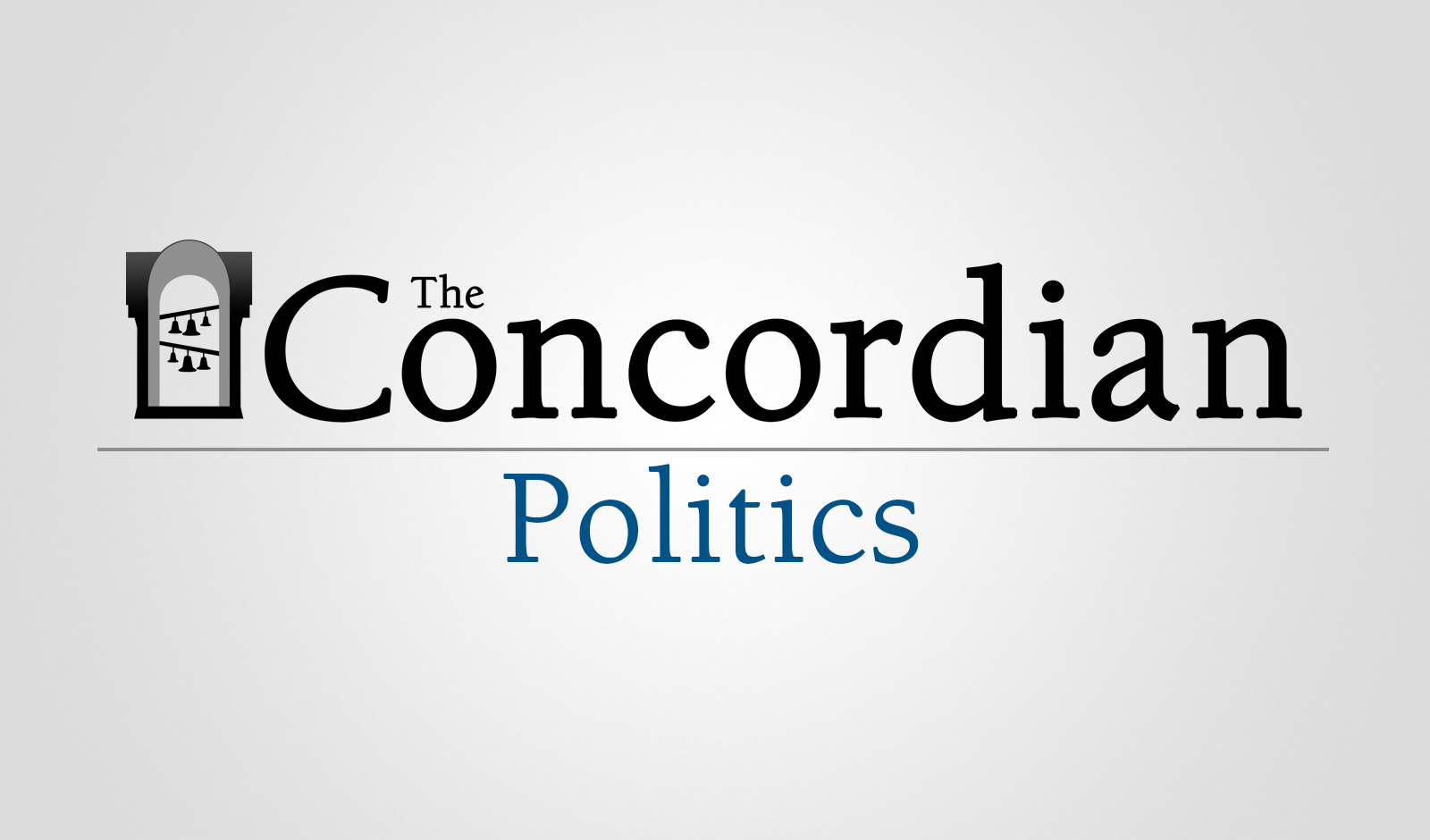The recent death of Venezuelan president Hugo Chavez marks the end of an era. His 14 year presidency leaves behind a legacy of championing improvement of the lives of millions of poor Venezuelans and resisting US influence, which he often denounced as “imperialistic”. The charismatic leader often portrayed himself as a sort of modern day Simon Bolivar, the 19th century hero of South American independence, naming his socialist movement the “Bolivarian Revolution” as well as helping form the “Bolivarian Alliance for the Americas”, an international cooperation organization involving several South American countries. While enjoying immense popularity in his country he simultaneously courted controversy. Opposition members as well as many within the US constantly accused him of authoritarianism, and matters such as the jailing of Judge Afiuni under dubious circumstances earned him criticism from even prominent leftist Noam Chomsky. As tens of thousands of “chavistas” take to the streets to publicly mourn his passing, Venezuela will soon face the reality of life without Chavez and the question of whether or not his socialist ideals will continue to thrive in the country without him.
With the policies of his Bolivarian Revolution Chavez was certainly able to build up a significant amount of loyal followers. While the value of the country’s currency fell throughout his presidency he was also able to improve the lives of many Venezuelans. Utilizing Venezuela’s vast oil wealth he implemented many programs to assist the large amount of impoverished people throughout the country. Under Chavez the level of extreme poverty dropped from 24.3% in 1999 to 8.5% in 2011. Unemployment fell from 14.5% in 1999 to 7.6% in 2009. In addition to this Chavez’s socialist policies have been able to provide free university education for many of Venezuela’s poor. Benefits such as these in combination with his extremely charismatic personality were what provided Chavez with the explosion of popularity that propelled him to victory in four consecutive presidential elections.
With a vote to be called within 30 days to select the next Venezuelan president it remains to be seen how much support Chavez’s party will continue to have following his death. Although Chavez’s successor and likely presidential candidate Nicolas Maduro lacks the charisma enjoyed by the late leader, he does have the benefit of retaining Chavez’s loyal fan base. With Chavez’s level of popularity so high it seems highly unlikely that this could rapidly erode. Venezuelan writer Francisco Toro, author of Blogging the Revolution: Caracas Chronicles and the Hugo Chávez Era has stated that there is a “mystical, almost religious component” to Chavez’s legacy that his death might only serve to strengthen. While the opposition candidate Henrique Capriles is known for running campaigns very well it seems unlikely that he will pose much of a threat in this election. In fact a February poll put Maduro’s support ahead of Capriles at 50% to 36%.
While it may be considered safe to call the upcoming election for Chavez’s party it cannot be said whether or not Chavez’s revolution will continue to thrive in the long run. Hugo Chavez was a man who deeply believed in his vision of a united socialist South America and was not afraid to take steps to achieve that. When he died leftists worldwide lost a hugely influential and charismatic figure. Whether or not future Venezuelan leaders can manage to continue to further his vision remains to be seen.

